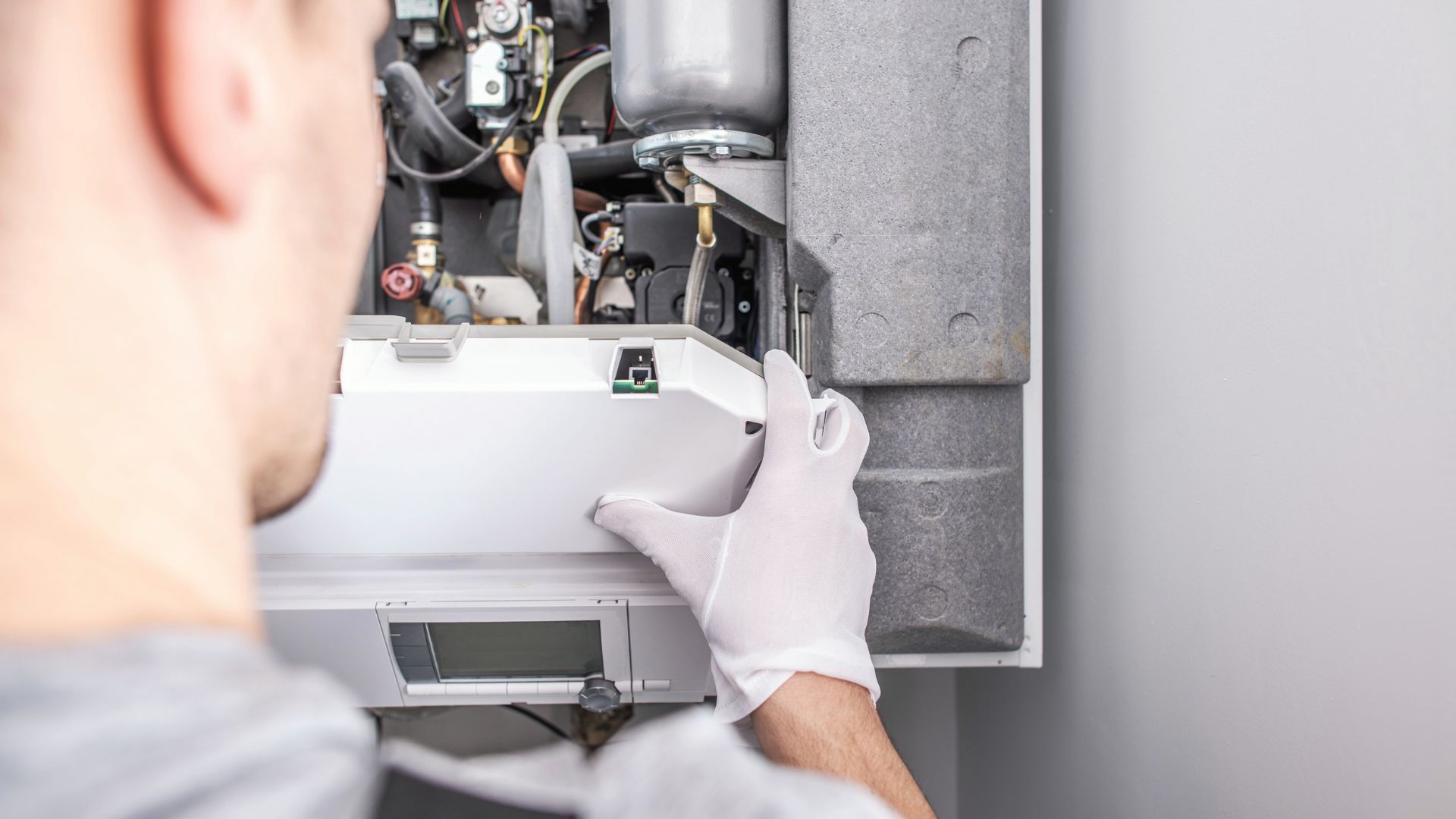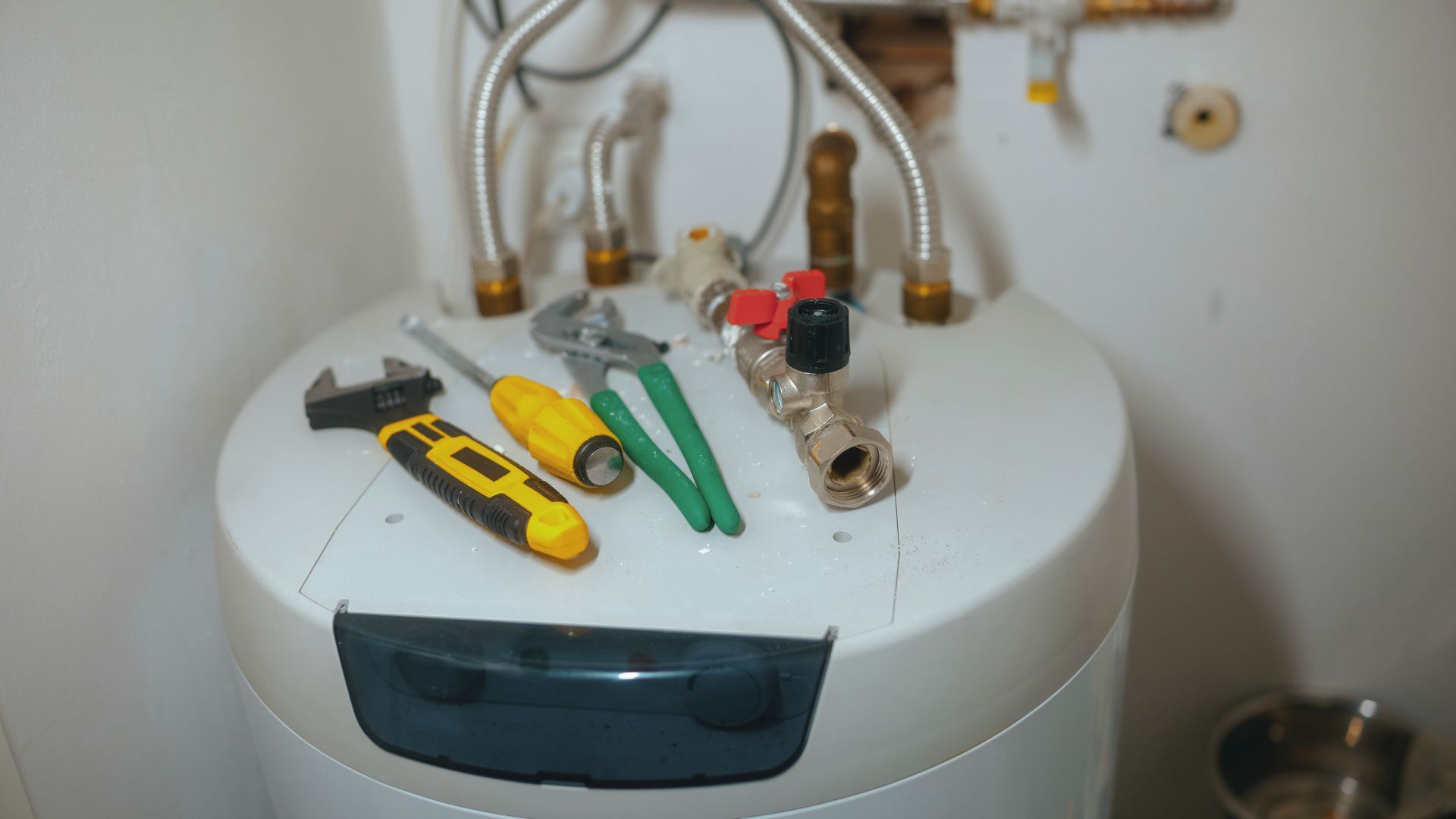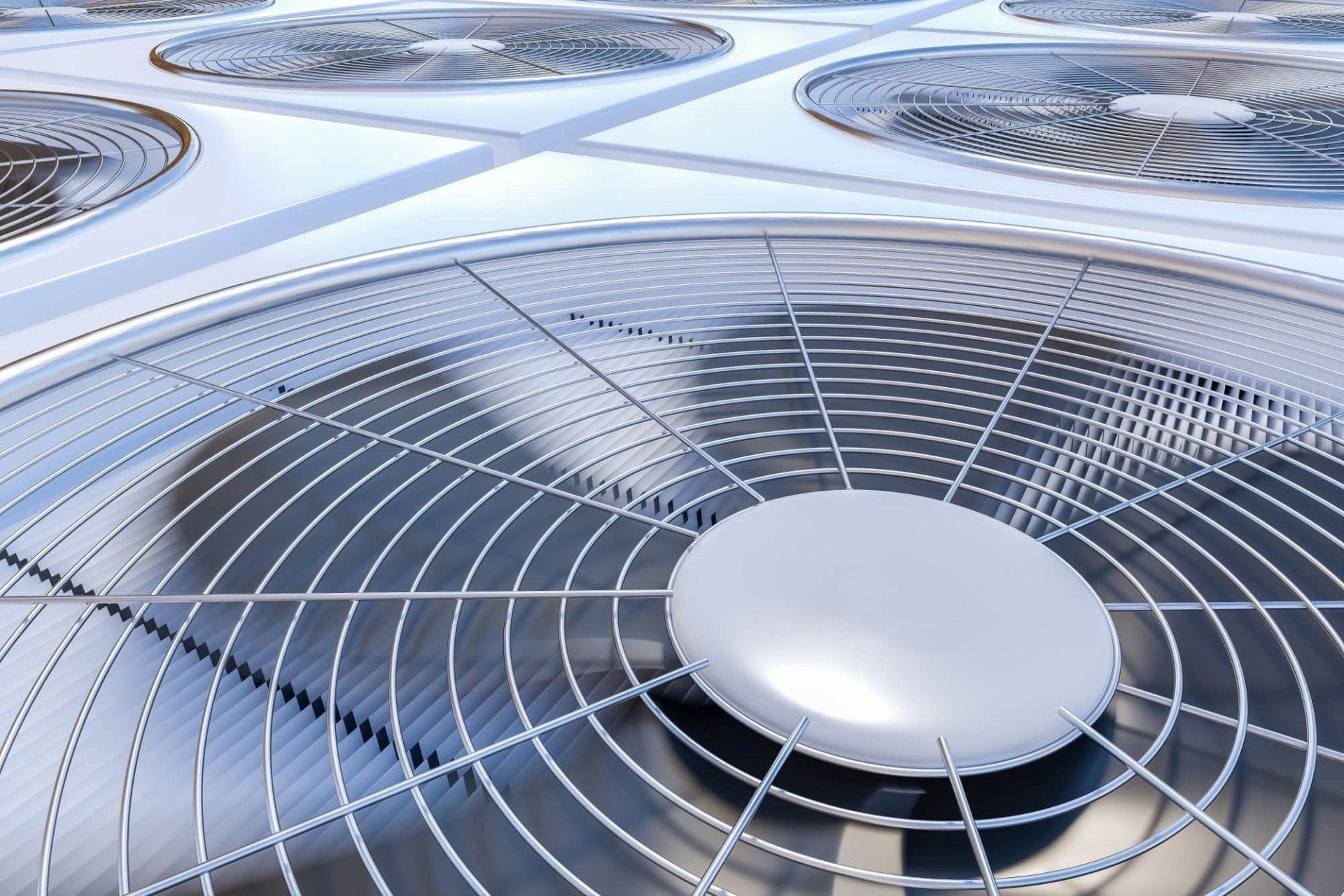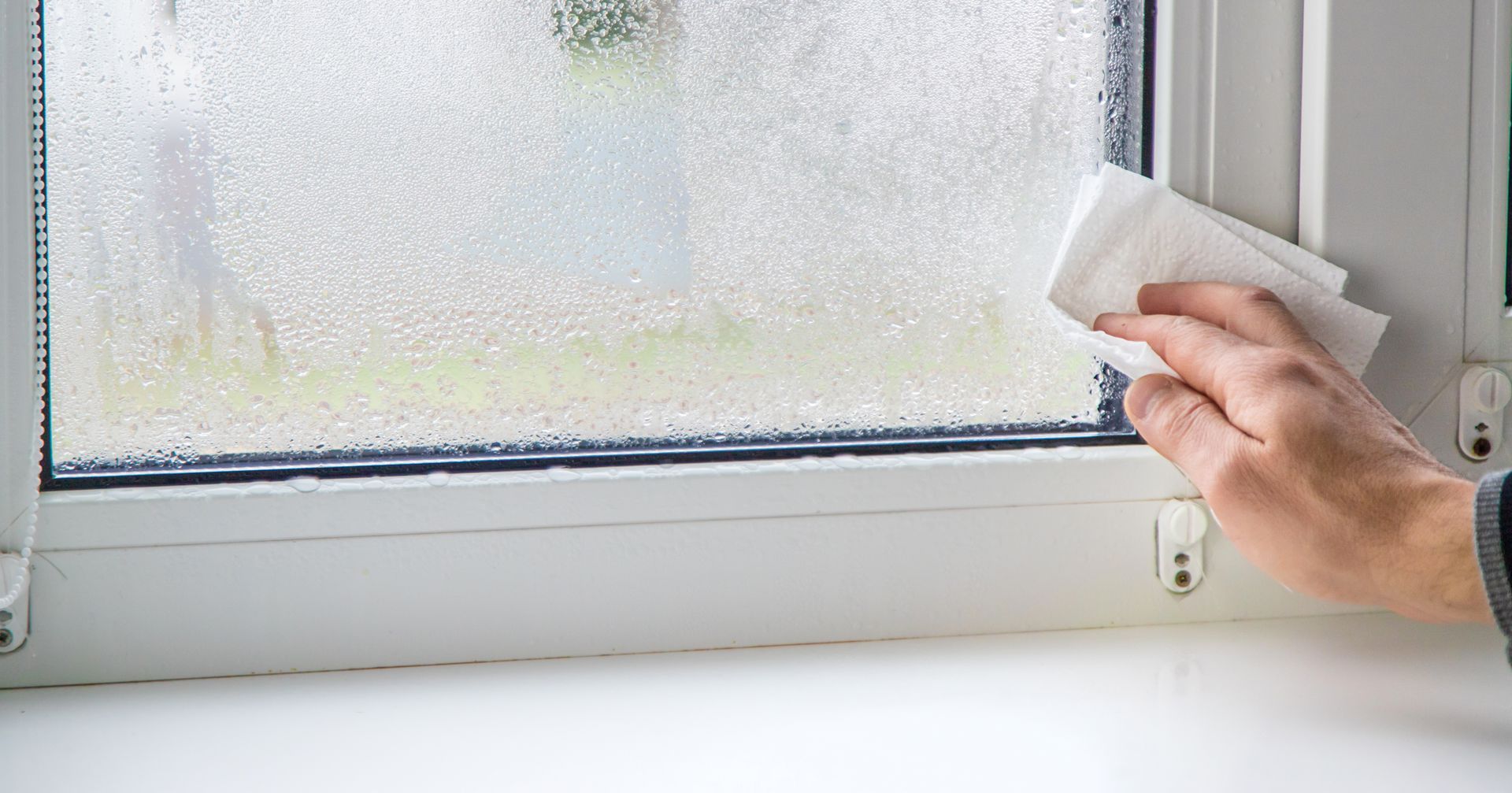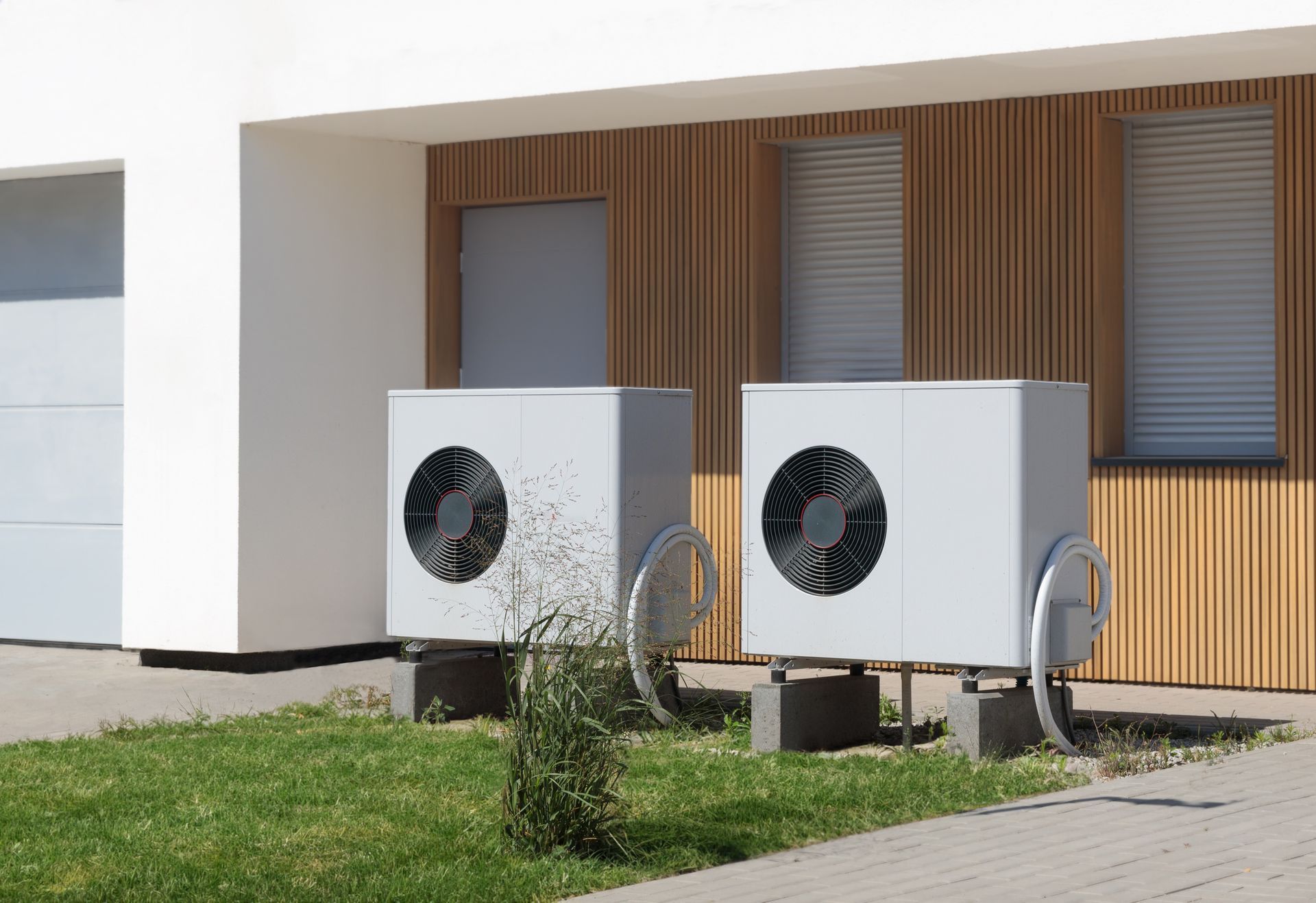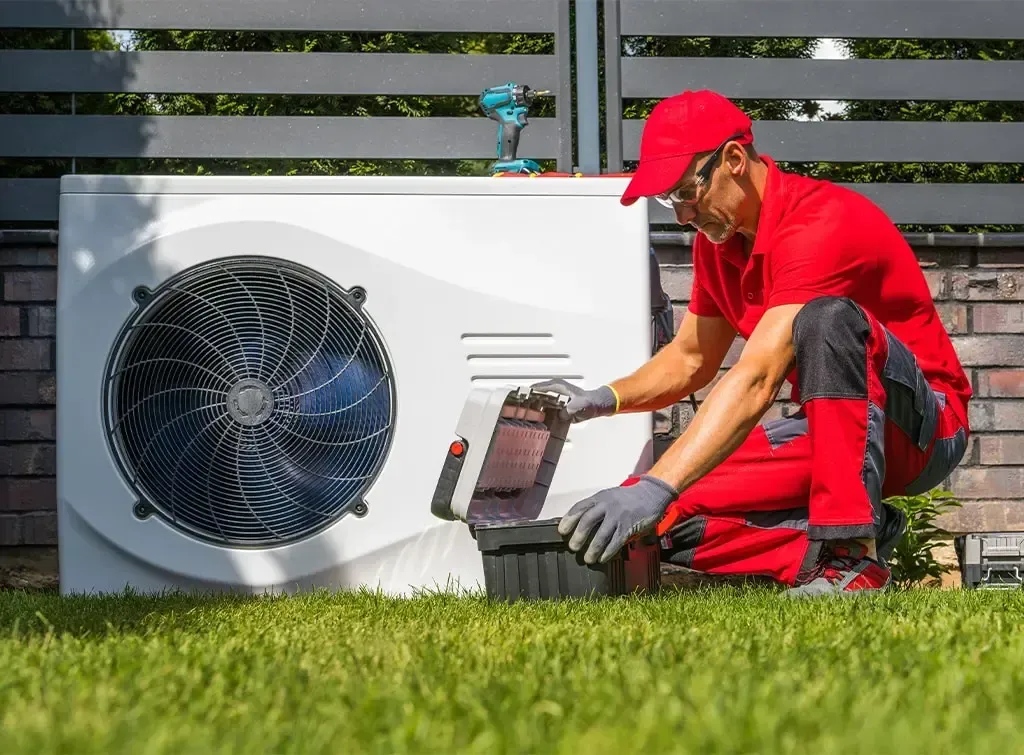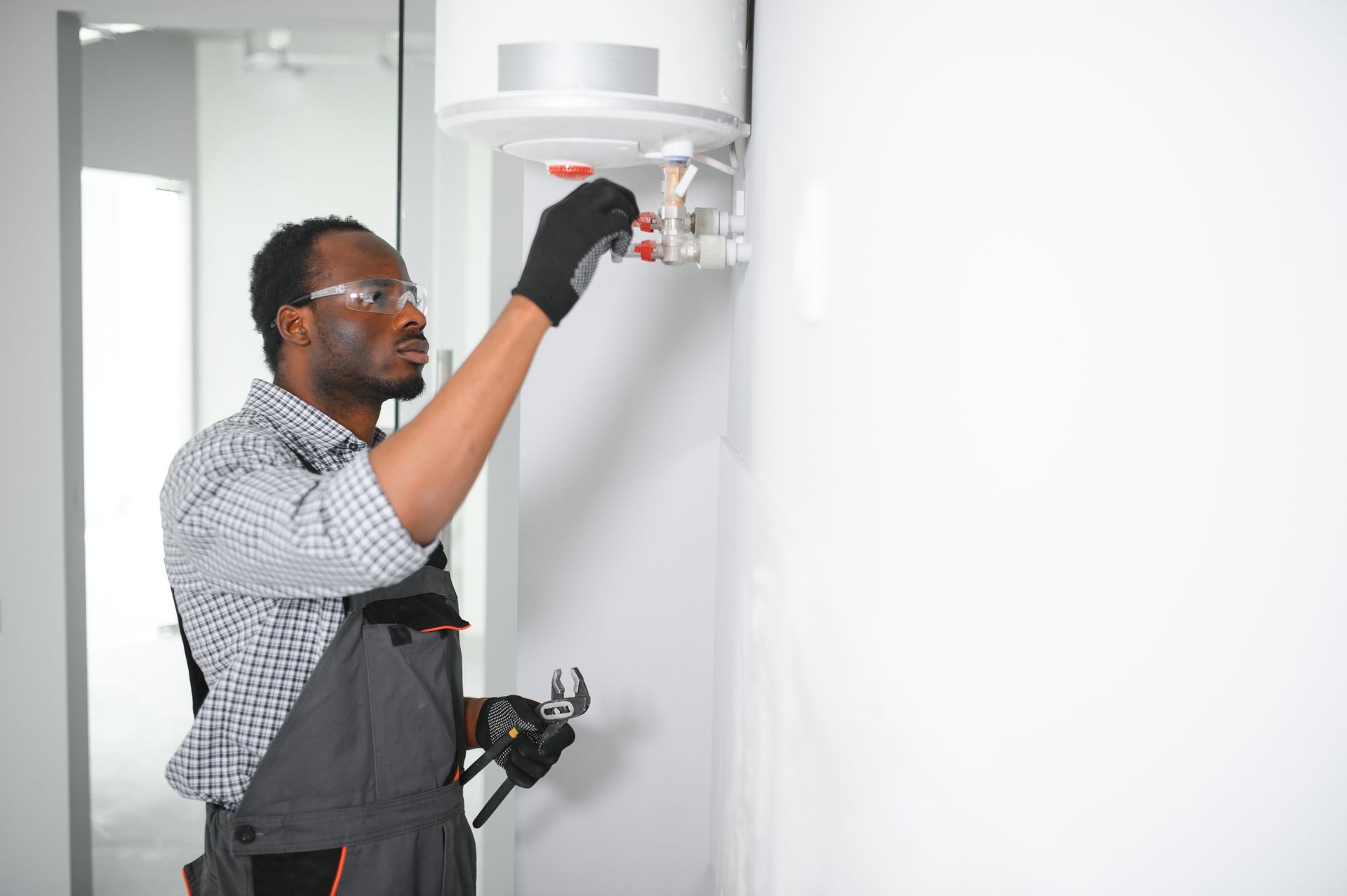Everything You Need to Know About HVAC Unit Replacement
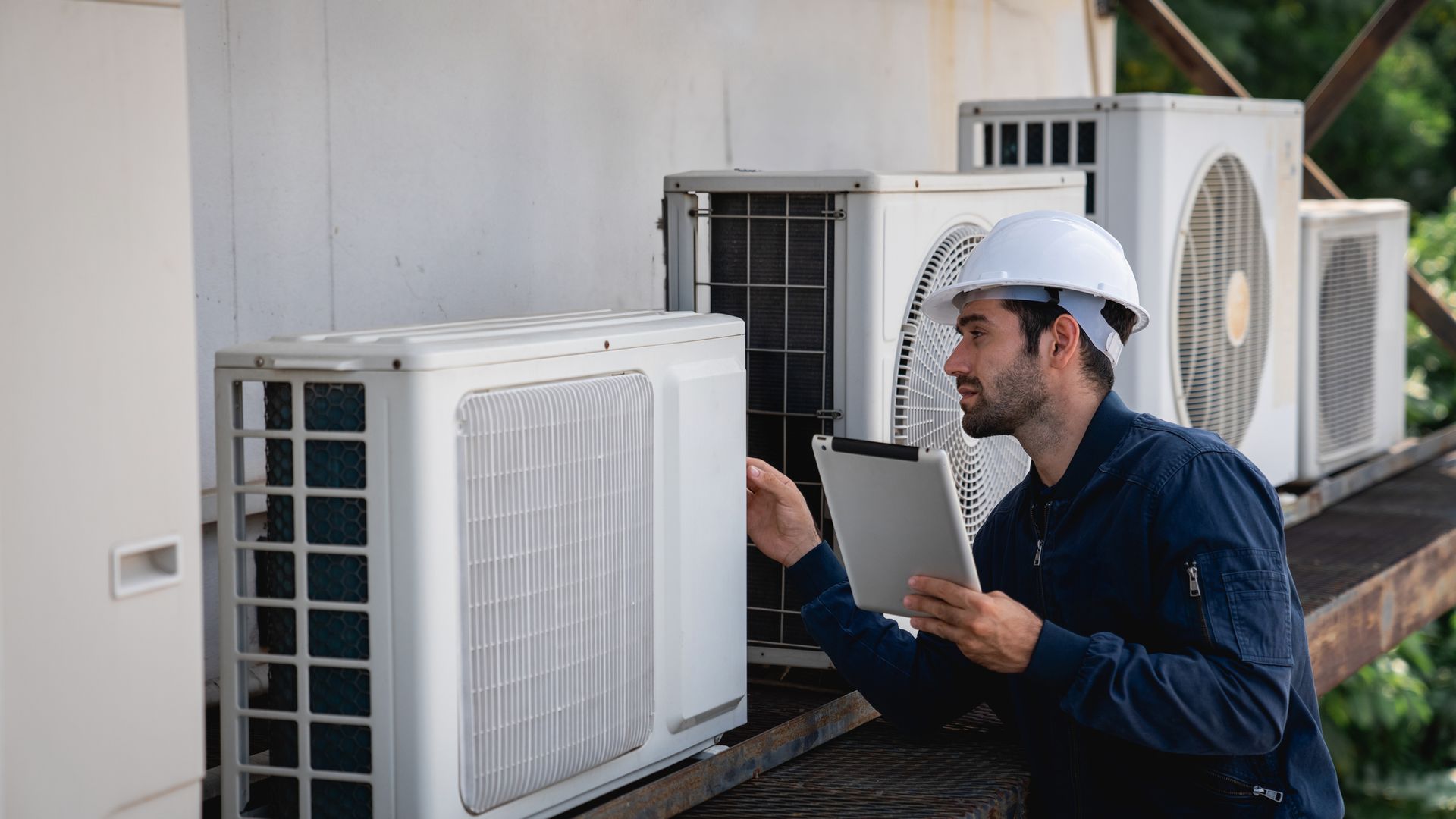
Your heating, ventilation, and air conditioning (HVAC) system can be likened to the life of your Hamilton home or business, tirelessly working to maintain optimal conditions for comfort and productivity. Just like any crucial component, there comes a time when the old must give way to the new, signaling the need for an HVAC replacement.
But what does this process involve? And why must we pay such close attention to it? If you find yourself at the crossroads of considering a new HVAC system, whether due to declining performance or a changing infrastructure, this comprehensive guide will walk you through the entire replacement process, from identifying the need to enjoying the benefits of a state-of-the-art unit.
Signs It's Time to Replace Your HVAC Unit
Before getting a new HVAC system, it's important to notice signs that show your current one is almost done working. These signals are more than just minor quirks:
Age of your System
Generally, HVAC systems have a lifespan of 15 to 25 years. If your unit approaches or exceeds this age, you should be prepared for the inevitable upgrade, as components become less reliable and efficient.
Frequent Repairs
A good rule of thumb is to compare the cost of repairs with the cost of a new system. If you're shelling out a significant amount on repairs annually, a new system could be the more cost-effective solution.
Rising Energy Bills
Older systems tend to have lower energy efficiency, leading to higher monthly bills. A spike in your utility costs can be a sign that your HVAC unit is struggling to keep up with the demand.
Preparing for HVAC Replacement in Hamilton
Replacing your HVAC system isn't just a matter of selecting a new unit; it's about preparing your home or business for the transition.
Budgeting
HVAC replacement can be a substantial investment. Planning for the total expenses, such as the system, installation, and upgrades, is an important part of the process.
Selecting the Right System
The market is brimming with a variety of HVAC systems, each with its own set of features and capabilities. Choosing a unit that not only fits your budget but also meets your space's specific heating and cooling requirements is crucial.
Pre-Installation Assessment
Before the replacement of your Hamilton HVAC system, a professional assessment of your current setup is necessary to ensure the new system's compatibility and performance.
The HVAC Replacement Process
With preparations in place, you're ready to dive into the replacement process. Here's what you can expect:
Day of Installation
The installation day begins with removing the old system, preparing the site for the new components, and ensuring the electrical and ductwork are ready.
Equipment Selection
Your HVAC professional will guide you through selecting the main components of your new system, such as the furnace, air conditioner, or heat pump.
System Installation
The most crucial phase, installation, is a highly technical process that must be completed by certified professionals to guarantee safe and efficient operation.
Post-Installation Checks
Once the new system is set up, thorough testing and checks will be performed to ensure every part of the system is working as it should.
Benefits of Upgrading Your HVAC System
Moving forward with an HVAC unit replacement brings a host of benefits that extend beyond the immediate installation.
Long-Term Savings
Newer systems are more energy-efficient, translating to lower utility costs over the years and often justifying the initial investment through savings on your monthly bills.
Increased Comfort
Modern HVAC units come with advanced features, like zoning systems and smart thermostats, which allow for more precise control and a more comfortable atmosphere.
Better Air Quality
Up-to-date air filtration systems can drastically improve air quality, reducing the presence of allergens and contaminants for a healthier living environment.
Common Challenges and How to Overcome Them
Not every HVAC replacement goes off without a hitch. Here are some challenges you might face and how to address them:
Finding the Right Contractor
The success of your replacement largely depends on the expertise of the contractor you choose. Take the time to research and select a reputable, experienced professional.
Understanding Warranties
Each component of your HVAC system comes with its own warranty. It's vital to understand the terms and conditions to make the most of your investment and ensure proper maintenance.
Unforeseen Costs
In some cases, unexpected issues can arise during the installation, adding to the cost. Plan for contingencies and discuss potential scenarios with your contractor before work begins.
Upgrading your HVAC system is a significant step toward a more comfortable, efficient living or working space. By recognizing the signs, preparing diligently, navigating the process carefully, and enjoying the new benefits, you can ensure a successful transition.
Always remember that being informed and taking a proactive approach are the keys to a seamless replacement. If you're considering an HVAC replacement, don't hesitate to reach out to a professional at Adams Air Systems to guide you through the steps and help you make an informed decision. The comfort and longevity of your home or business depend on it.

